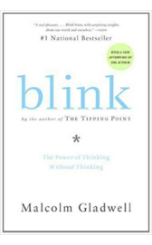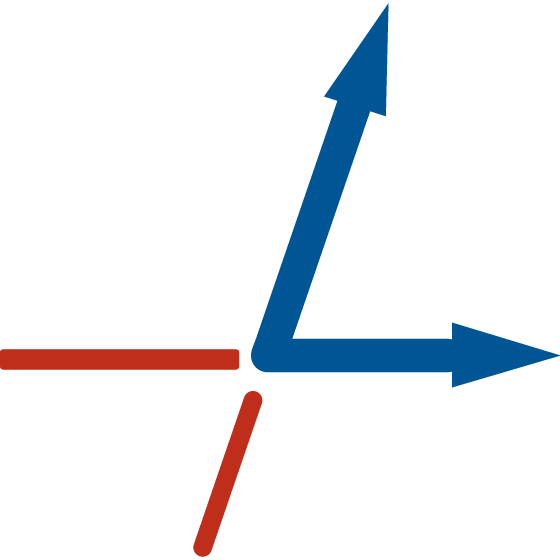
A fire fighter in Cleveland instinctively knew that his men were in danger and ordered them out of a burning building. Seconds later the first floor collapsed beneath the spot his team had been standing. His snap decision saved his entire crew.
The Getty Museum purchased a 2500 year old statue after eighteen months of meticulous research during which the statue and its provenance were validated. At the unveiling of the statue, three art historians asserted within seconds that the statue was a fraud. Upon further research, their instincts were validated. Documents had been forged and an elaborate scheme to falsely date the age of the stone had defrauded the museum of $10 million.
These are two of the gripping stories among many that Gladwell shares in his second book, Blink. He illustrates that things cannot be taught as much as they can be learned and recounts several stories that demonstrate “the power of thinking without thinking.”
The fire fighter was later asked what caused him to make the snap, instinctive decision and at first was unable to describe the reason for his decision. Upon reflection, he recalled the fire was not as hot or loud as usual, and was not responding to the dousing of water in a normal way. The cause for all of his observations lay in the fact that the fire was not taking place on the first floor, but had started in the basement. Years of experience produce an instinctive expertise that told him in the “blink” of an eye trouble was afloat.
Gladwell’s thesis is as important for demonstrating the power of expertise as it is for the error of feigning it. All too often, people rush to judgments based on prejudices and poorly preconceived notions. He details experiments of psychology students which validate findings of prejudicial decision making. It explains why some presidents are elected based upon charm instead of substance, why African Americans are (unfairly) associated with negativity, and why an inordinate number of CEOs are significantly taller on average than the general population.
Particularly appealing is the combination of methodology between Gladwell’s qualitative research and the link to quantitative studies. But if you want to have some real fun (or nauseate yourself), read this book if only to learn how the Pentagon cheated on war games in order to falsely validate a position regarding technology and military intelligence. You will laugh and cry over this story of our federal government, but at least you will have new insights into the way people think, and more importantly, how you can develop your ability to process information in the blink of an eye.
Rick Davis





